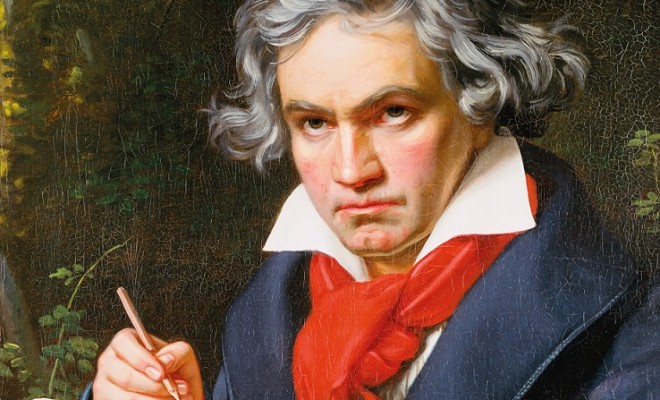
Where’s Today’s Beethoven?
This piece kicks off a short series inspired by this question:
Say that Beethoven was the greatest musician of all time (at least in some particular significant sense – see below for some caveats). Why has there been no one better in the last ~200 years – despite a vastly larger world population, highly democratized technology for writing and producing music, and a higher share of the population with education, basic nutrition, and other preconditions for becoming a great musician? In brief, where’s today’s Beethoven?
A number of answers might spring to mind. For example, perhaps Beethoven’s music isn’t greater than Beyonce’s is, and it just has an unearned reputation for greatness among critics with various biases and eccentricities. (I personally lean toward thinking this is part of the picture, though I think it’s complicated and depends on what “great” means.1)
But I think the puzzle gets more puzzling when one asks a number of related questions:
- Where’s today’s Darwin (for life sciences), Ramanujan (for mathematics), Shakespeare (for literature), etc.?
- Fifth-century Athensincluded three of the most renowned playwrights of all time (Aeschylus, Sophocles and Euripides); two of the most renowned philosophers (Socrates and Plato); and a number of other historically important figures, despite having a population of a few hundred thousand people and an even smaller population of people who could read and write. What would the world look like if we could figure out what happened there, and replicate it across the many cities today with equal or larger populations?
- “Over the past century, we’ve vastly increased the time and money invested in science, but in scientists’ own judgment, we’re producing the most important breakthroughs at a near-constant rate. On a per-dollar or per-person basis, this suggests that science is becoming far less efficient.” (Source) Can we get that efficiency back?
Συνέχεια εδώ
Πηγή: cold-takes.com




